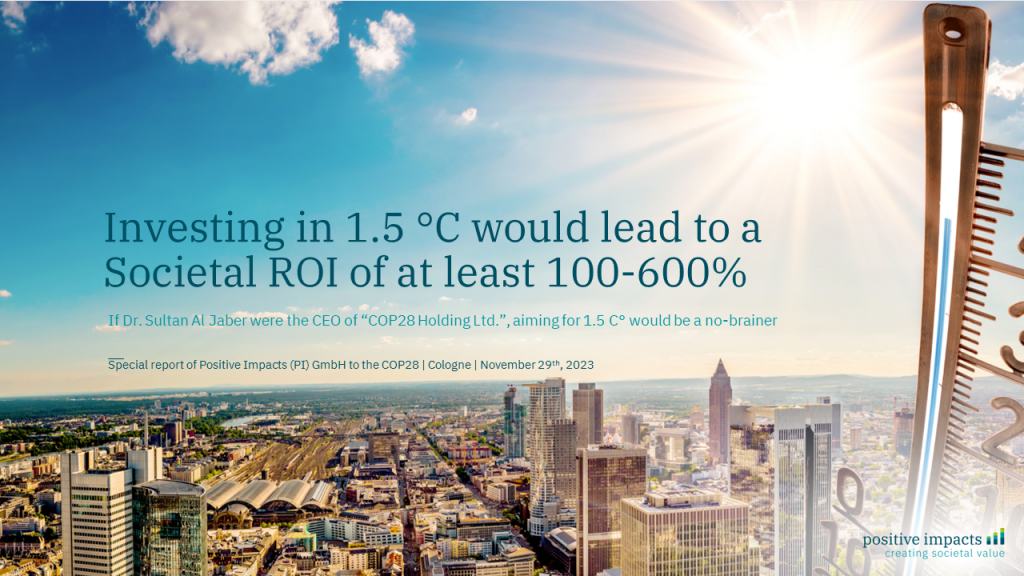3
- how strategic sustainability management pays off
- the concept of double materiality and how materiality is approached by the biggest companies in Germany
- how companies create societal value
PI Paper Series
It does pay off: paper 1
Strategic sustainability management and how it brings financial returns
- What strategies did the top 100 German companies pursue in integrating sustainability, and how consistent were they in their approach?
- How did these aspects drive financial performance?
- To what extent was sustainability strategy driven by financial performance?
What’s material: paper 2
Double materiality in the area of conflict between implementation and strategy
- The divergence of materiality concepts, what they entail, how materiality is defined, and what is
- The state of play of (double) materaility in the top 100 German companies
- The divergence of double materiality judgments in the nine pilot study sectors


On track to net positive: paper 3
Creating societal value: how to measure and integrate sustainability in strategic planning
- Introducing Societal Value (SV), Societal Earnings (SE) and SE Margin as holistic sustainability performance KPIs
- Assessing how many of the N100 were net positive
- Understanding the drivers of societal value creation
Special Reports
Special report of Positive Impacts (PI) GmbH on the forecasted climate performance of the DAX40

- 17 companies are expected to exceed 100% climate target level achievement in the forecast for 2024-2050, but they represent only 14% of total DAX40 emissions
- 16 companies are expected to fall below 100% climate target level achievement in the forecast for 2024-2050, these account for a total of 86% of DAX40 emissions
- The average DAX40 climate target level achievement in 2022 was 47%
- Projected present value of climate target level achievement for 2024-2050 is just 27% NPT®
Special report of Positive Impacts (PI) GmbH to the COP29

- Corporate GHG Accounting needs to consider also purchased emissions
- Countries should also include imported emissions and exclude exported ones
- Read more on the “Who pays decides principle”
Special report of Positive Impacts (PI) GmbH to the COP28

- Presenting the PI® scenario analysis on the societal costs of climate change
- Quantifying the Societal Earnings of 1.5°C over 3.4°C
- Understanding the ROI in % of going for 1.5°C


